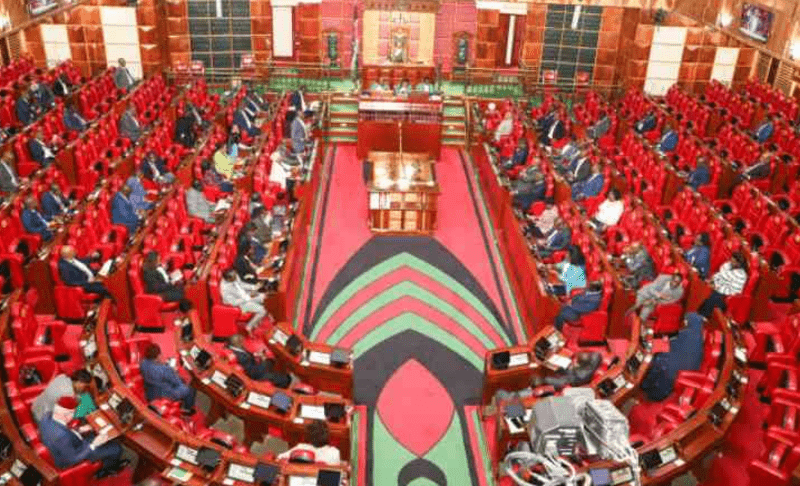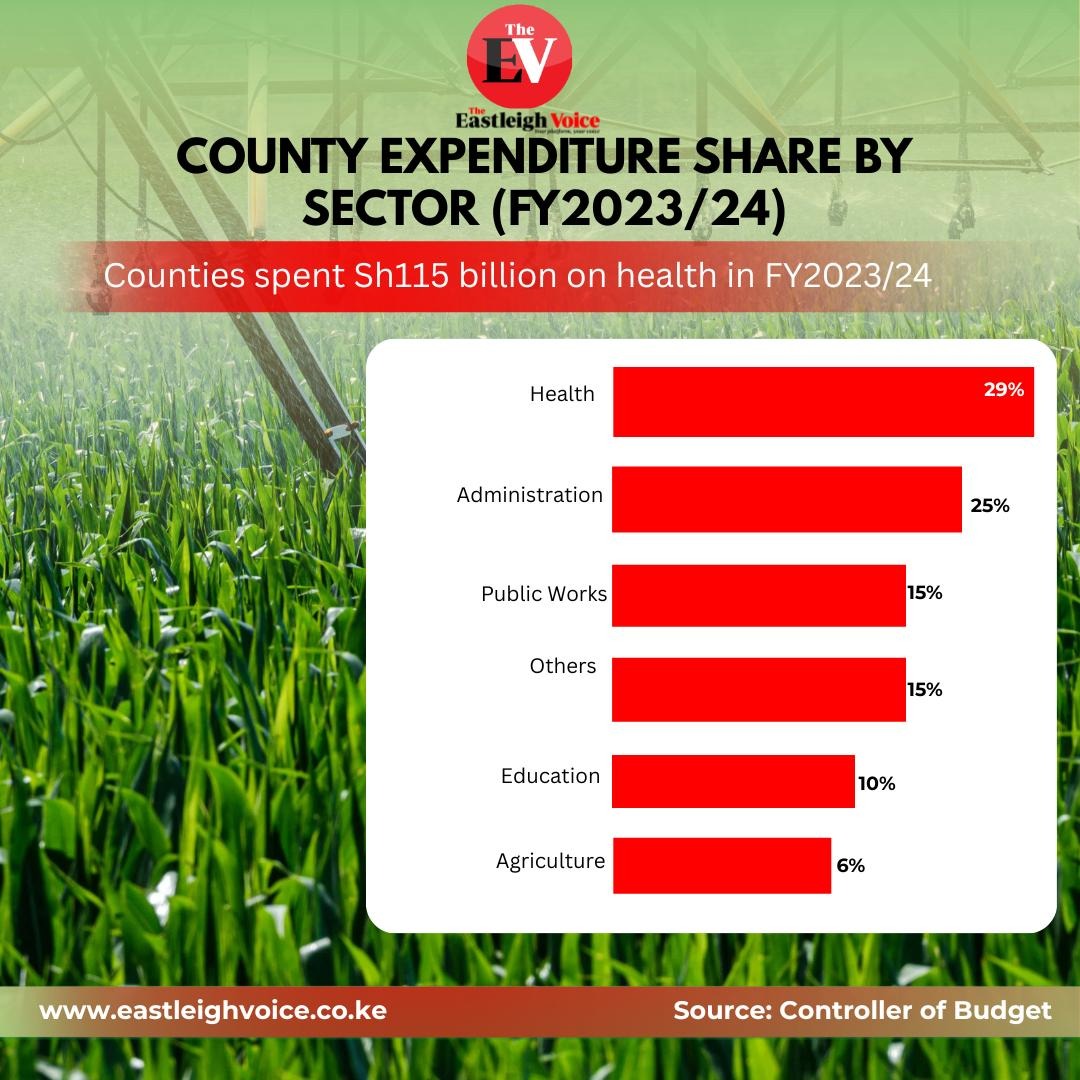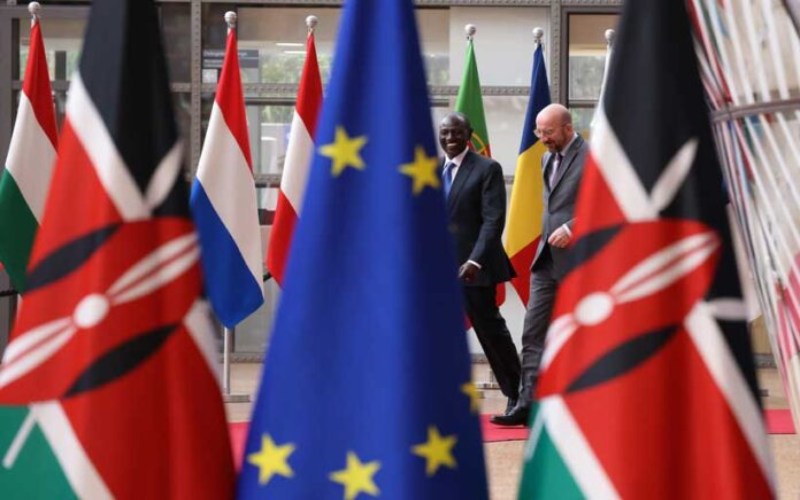Creatives voice concerns over Finance Bill 2024, seek amendments

The organisations hope that by addressing these concerns, the National Assembly will help ensure the continued growth and success of Kenya's vibrant creative sector.
Organisations representing the creative industry have submitted a joint memorandum to the National Assembly in response to the Finance Bill 2024.
The memorandum outlines the views of over 8,000 industry professionals from various fields, including film, performing arts, content creation, music, visual art, literature, and sports.
More To Read
- Communications Authority of Kenya takes LSK to court over controversial cybercrime law
- From detention to global recognition: Rose Njeri named in 2025 Time100 Next list
- Kenya nets Sh2.3 billion from international digital service providers
- President Ruto cites big wins in jobs, digital economy and housing in 3-year scorecard
- One in four Kenyans remain jobless, TIFA survey shows
- How protests over Finance Bill hurt Nairobi’s daily revenue collections
In their submission, the creative industry highlighted several proposals in the Finance Bill 2024 that they believe will negatively impact their sector.
They emphasised that Kenya's creative sector contributes 5 per cent to the national GDP, generates employment, and enhances the quality of life in the country. The memorandum pointed out that the government has a vested interest in the prosperity of this sector.
The memorandum urges the National Assembly to reject the proposal to amend the First Schedule of Cap 472- Part II Excisable and increase excise duty on airtime and data.
"We recommend that VAT and excise on airtime, internet, and data be waived as this is not a value-added product," the memorandum stated, explaining that the proposed changes would hinder the growth of the digital economy and directly impact creative businesses, such as musicians on SKIZA who would receive reduced revenue.
Another contentious proposal is the eco levy on video cameras, SD cards, CDs, microphones, projectors, monitors, TV broadcasting equipment, and radio broadcasting equipment. The memorandum argues that this would increase the cost of doing business by raising the cost of essential inputs.
The proposal to delete the Sh24,000 per month relief from withholding tax is seen as detrimental to smaller and younger creators.
"We propose that this relief limit be raised to Sh49,999," the memorandum noted, stressing the importance of allowing creators to reinvest in their craft.
The industry also opposes the replacement of the 1.5 per cent Digital Service Tax with a 20 per cent SEP Tax on gross turnover, citing concerns that it would complicate business operations and portray Kenya as a hostile market globally. They recommend a flat tax rate of 6 per cent on profits and the removal of VAT on payments to global platforms.
Additionally, the memorandum argues against removing exemptions for amateur sports organisations. The creative industry claims that this would negatively affect over 90 per cent of sports in Kenya, which provides the foundation for developing a sports-based economy. They suggest expanding the existing exemptions in line with the Talanta Hela initiative by the Ministry of Sports.
While welcoming the broader definition and additional recognition of the digital marketplace in the bill, the creative industry recommends declaring the digital marketplace a Special Economic Zone to offer the necessary public investment and incentives for growth and global competitiveness.
The organisations hope that by addressing these concerns, the National Assembly will help ensure the continued growth and success of Kenya's vibrant creative sector.
Top Stories Today










































